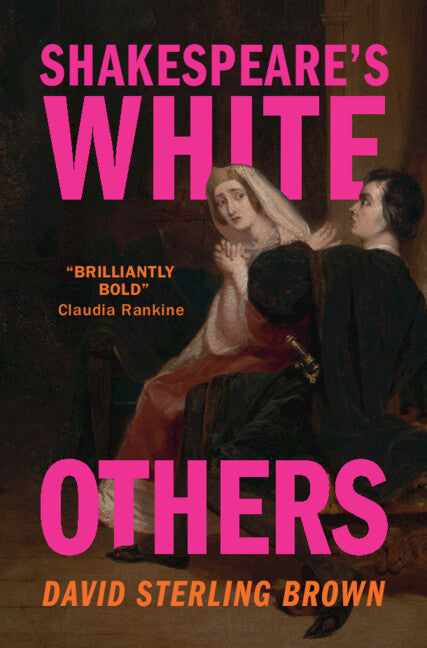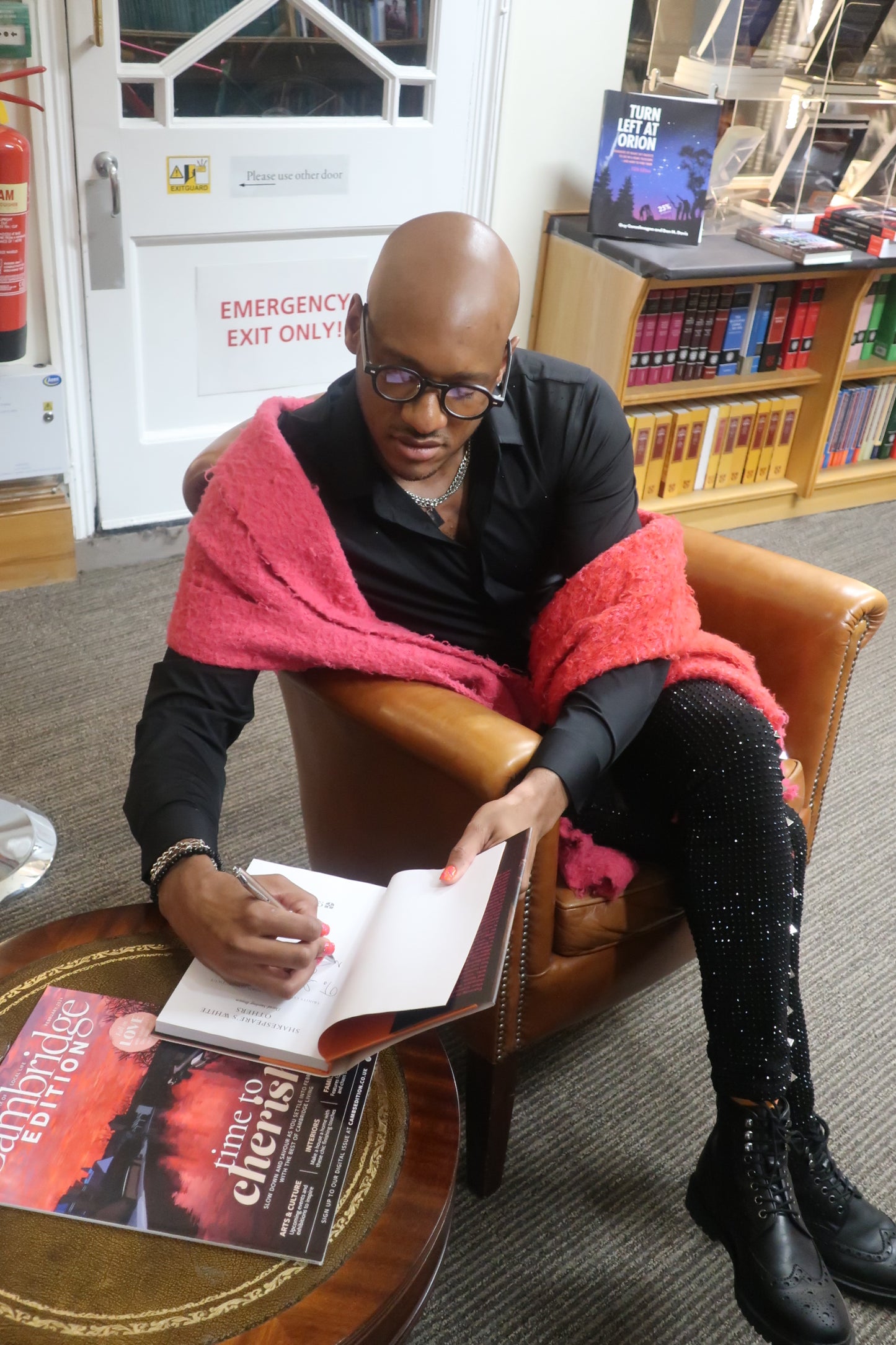Shakespeare’s White Others
Author(s): David Sterling Brown
Couldn't load pickup availability
🚚 Please note we can only ship within the UK.
FREE delivery on books (excluding sale).
Delivery for other items is £1.50 - £4.50, calculated at checkout.
T&Cs apply.
Free click & collect on all orders.
Examining the racially white 'others' whom Shakespeare creates in characters like Richard III, Hamlet and Tamora – figures who are never quite 'white enough' – this bold and compelling work emphasises how such classification perpetuates anti-Blackness and re-affirms white supremacy. David Sterling Brown offers nothing less here than a wholesale deconstruction of whiteness in Shakespeare's plays, arguing that the 'white other' was a racialized category already in formation during the Elizabethan era – and also one to which Shakespeare was himself a crucial contributor. In exploring Shakespeare's determinative role and strategic investment in identity politics (while drawing powerfully on his own life experiences, including adolescence), the author argues that even as Shakespearean theatrical texts functioned as engines of white identity formation, they expose the illusion of white racial solidarity. This essential contribution to Shakespeare studies, critical whiteness studies and critical race studies is an authoritative, urgent dismantling of dramatized racial profiling.
- Bold and original: focuses on racial whiteness to promote anti-racism, providing readers with new techniques to critically examine whiteness both in their reading practices and in their everyday lives
- Timely and current: offers a passionate deconstruction of the malign and formative uses in Shakespeare of privileged notions of race and how this reaffirms anti-Blackness
- Rich and interdisciplinary: strong appeal to readers in drama, race studies, critical whiteness studies, media studies, Black feminism, history of ideas, politics and the social sciences
- Authoritative and exciting: demonstrates how readers can create synergy among the personal, critical and experiential to produce what the author conceives of as 'productive discomfort'. This major new book is an important statement to the field
Share




